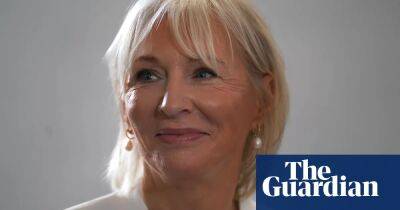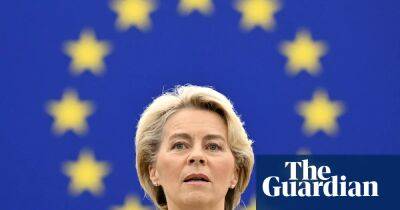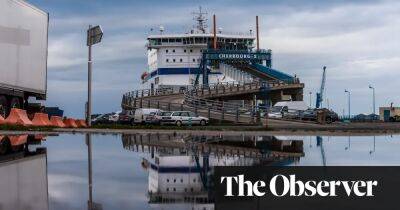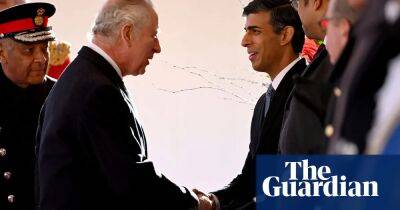‘Stability and certainty are big ticks’: Northern Ireland firms on protocol deal
“T he uncertainty was the biggest challenge. So this is good progress,” says Andrew Lynas, of the new deal struck on Monday between the UK and EU to try to end the dispute over the Northern Ireland protocol.
For the managing director of Lynas Foodservice, a family-run firm from Coleraine, the post-Brexit trade agreement has caused severe headaches. But what he sees as far more important than the reams of additional paperwork, costs and severed relationships with English suppliers, is the lifting of the political storm.
“Stability and certainty are big ticks for us as business. At least if our suppliers – whether they’re in Birmingham or France – know what the reality of dealing with us is about, then we can move forward.”
After Rishi Sunak and the European Commission president, Ursula von der Leyen, agreed on the new “Windsor brake” update to trading rules on Monday, businesses from across Northern Ireland broadly welcomed progress being made.
In a statement, the region’s 14 largest business groups praised the “considerable efforts” of both sides, while calling on them to continue to work together to help businesses adjust.
Lynas Foodservice is perhaps the perfect case study for the breakdown in trade between Northern Ireland and the rest of the UK; it is the largest family-owned food supplier on the island of Ireland, sending more than 3,000 deliveries a day to pubs, cafes and restaurants within the region, as well as Scotland and the Irish republic.
Costs and complexity of doing business have soared since Boris Johnson’s 2020 Brexit deal, which – despite promises to the contrary – led to some checks on goods arriving from Great Britain. “There are a couple of people in this business who exist because of that complexity and
Read more on theguardian.com









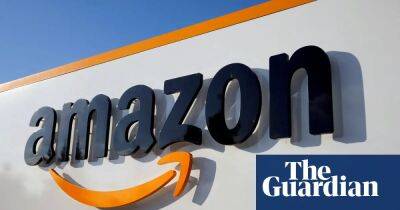





![Solana [SOL] breaks past $20 mark, watch out for a dip into this region](https://finance-news.co/storage/thumbs_400/img/2023/3/20/60753_fl7sr.jpg)

